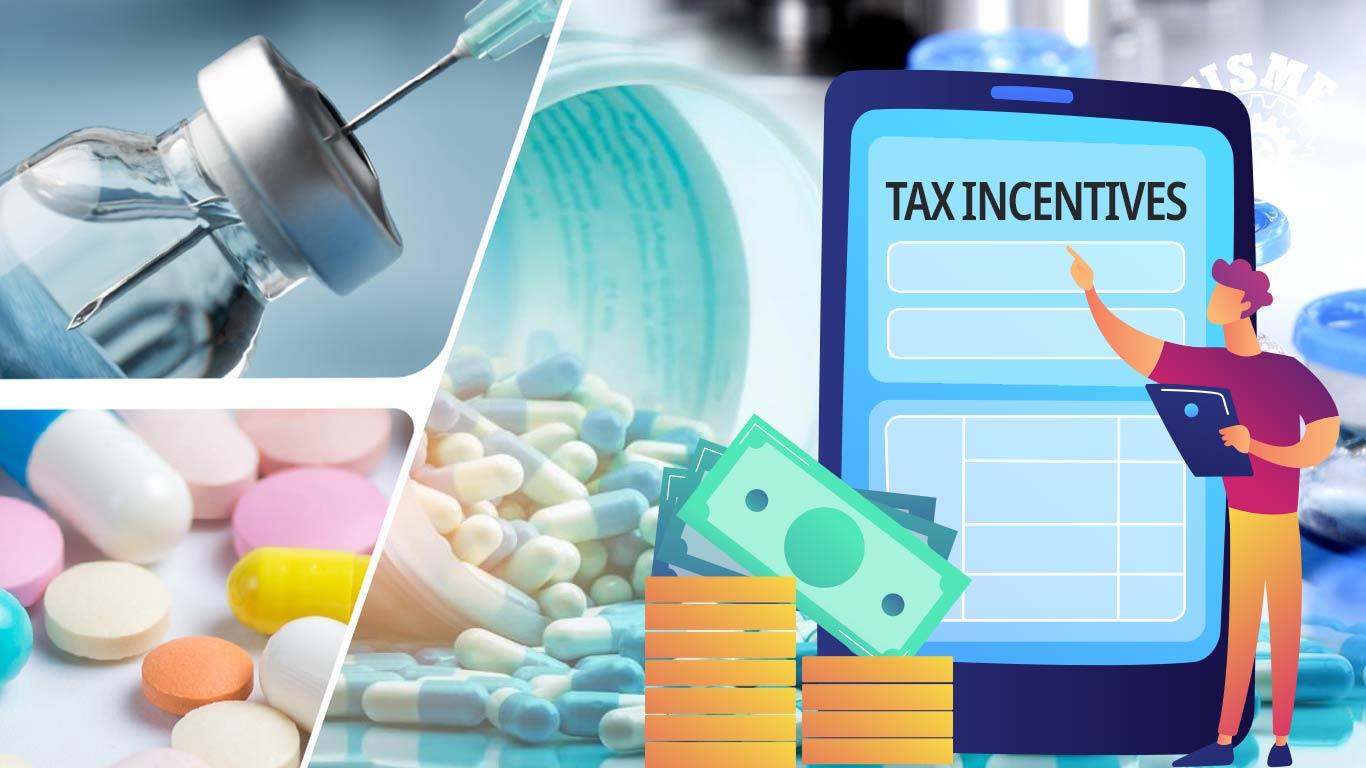
Pharmaceutical Industry Urges Tax Incentives And Reduced Import Tariffs In Upcoming Budget
The Pharmaceuticals Export Promotion Council of India (Pharmexcil), a commerce ministry-established trade promotion agency, has proposed several key recommendations, reported Mint.
These include reducing the basic customs duty (BCD) on imported raw materials for antibiotic production from 7.5 per cent to 5 per cent, and enhancing tax incentives for research investment.
Pharmexcil suggests doubling the allowable deduction for research expenditure when calculating taxable income, up from the current 100 per cent deduction.
The agency also calls for simplifying the process of claiming refunds on excess taxes paid on raw materials compared to finished products.
The trade promotion agency cites concerns over the low profit margins in antibiotic sales, exacerbated by rising prices of active pharmaceutical ingredients (APIs).
This situation is reportedly impacting the cost competitiveness of Indian manufacturers.
Antibiotics, a crucial component of pharmaceutical companies' portfolios, fall within the anti-infectives market segment.
According to CRISIL Market Intelligence and Analytics, this segment's market size reached approximately Rs 251.3 billion for the fiscal year 2024.
The decision to reduce import duties involves balancing the interests of various industry segments and considering the overall benefit to the sector.
A reduction in import duty could potentially decrease the tariff protection available to domestic producers.
Kinjal Shah, Senior Vice President and Co-Group Head of Corporate Ratings, ICRA Ltd., notes that while a duty cut on API imports might adversely affect domestic API manufacturers, it could alleviate input costs for formulation manufacturers until domestic API production increases.
India maintains a significant position as both an importer of pharmaceutical raw materials and intermediates and an exporter of finished products.
In FY24, bulk drugs and drug intermediates constituted over 55 per cent of India's total pharmaceutical imports, with formulations and biologicals accounting for nearly three-quarters of this figure.
As the budget announcement approaches, the pharmaceutical industry awaits potential policy changes that could impact its competitiveness and growth trajectory.
(KNN Bureau)
Legal Disclaimer:
MENAFN provides the
information “as is” without warranty of any kind. We do not accept
any responsibility or liability for the accuracy, content, images,
videos, licenses, completeness, legality, or reliability of the information
contained in this article. If you have any complaints or copyright
issues related to this article, kindly contact the provider above.

















Comments
No comment